As I was folding a week’s subset of my embarrassingly large collection of printed t-shirts, I reflected momentarily on the history of my pixelated Minnesota t-shirt. I bought that t-shirt last summer and wore it each time I went to the Minnesota State Fair last year, as my symbol of “Minnesota pride”.
Then I started thinking about sharing this story, and about referring to the Minnesota State Fair that took place in 2013 as the “last” Minnesota State Fair, and how the one that will take place “this” year, in 2014, is “this” State Fair, and so on.
Frequently conversations between SLP and me have resulted in confusion based on the different possible interpretations of “last”, “this” and “next” when referring to days, weeks, months, years or events. I tend to use “this” when I’m referring to any unit of time that occurs within the same larger unit of time, whether before or after the current one, although I may be likely to omit “this”.
For example, today is Thursday. The Super Bowl (or, if you prefer, the Suberb Owl) is happening in 3 days. It’s happening “this Sunday”. But what if today was (or is it “were”? I never get that right, either) already “Superb Owl Sunday” and I was (“were”?) talking about the 5K race I’m running in 7 days later? “This” Saturday seems a bit far off in that case. But “next” Saturday doesn’t feel right to me either. Or does it? Is it better for “next” Saturday to refer to a day that’s 6 days away, or 13?
As for my confusion with SLP, the fact that she lived her life on the September-to-June academic calendar for much longer than I did only exacerbated the situation. I’ve always been a stickler (to the point of ridiculousness) for precision in dates. The first day out of school isn’t the beginning of summer; the solstice is. The first day back in school isn’t the beginning of fall; the equinox is. And the first day back in school in late August or early September most definitely is not the beginning of the new year. (Although yes, Rosh Hashanah usually does occur in September so depending on the calendar you use, there’s an argument to be made.)
Ironically, it was only after SLP stopped organizing her life around the academic year that I embraced calling any of the days in early-to-mid June when our kids are out of school (but which are still technically in spring) “summer”, but I will never give up the idea that “this year” refers to the 4-digit number starting with a “2” that comes at the end of the current date. “This year,” to me, means January 1 to December 31. Period.
But what do I mean when I say “this winter”? Sure, winter technically only starts about 10 days before the new year, so it’s almost entirely in 2014. But let’s be honest. In Minnesota, “winter” usually starts in early December, or sometimes as early as October. By my logic, “winter” in Minnesota begins on whatever day snow falls and doesn’t melt away. We had a few light snows in November, but “this winter” began on December 2, 2013.
My point is: language is fuzzy. Assigning vague labels like “last”, “this” and “next” to our days and events relies on a great deal of tacit agreement between ourselves over meaning. This particular quirk of our language has been causing me trouble since I was a kid. Back then I had a lot of time, sitting around bored in school (which I didn’t even realize was the case until much later in life), to ponder and obsess over and get annoyed by things like this. I was trying to create in my mind a world of precision and clarity that didn’t, and couldn’t, exist. Our minds don’t work that way, the world doesn’t work that way, and language, a product of our minds used to help us understand and communicate with each other about the world, necessarily can’t work that way.
I didn’t understand that then, and I only barely do now. Each of us carries around an entire universe in our mind. It’s built on a foundation laid by our genes and constructed around our experiences — and our interpretations of those experiences. Our language can only achieve an approximation of a fraction of that universe, and we have to rely on the assumption that our own version of the language we use is a close enough approximation of the same things in our own mental universe as the language, and the mental universe it represents, of the others around us.
It’s a wonder we can communicate at all.
 I mean, just look at it!!!
I mean, just look at it!!!